Table of Contents
Russia’s relationship with Iran, often portrayed as an unbreakable alliance, has proven to be far more complex and strategic. Moscow’s actions during one of the most serious crises in Iran’s history reveal the limits of their partnership. While Russia and Iran share some common goals, including opposing the U.S.-dominated post-Cold War world order, Russia’s response to the Israel-Iran conflict showcases its balancing act in the Middle East.
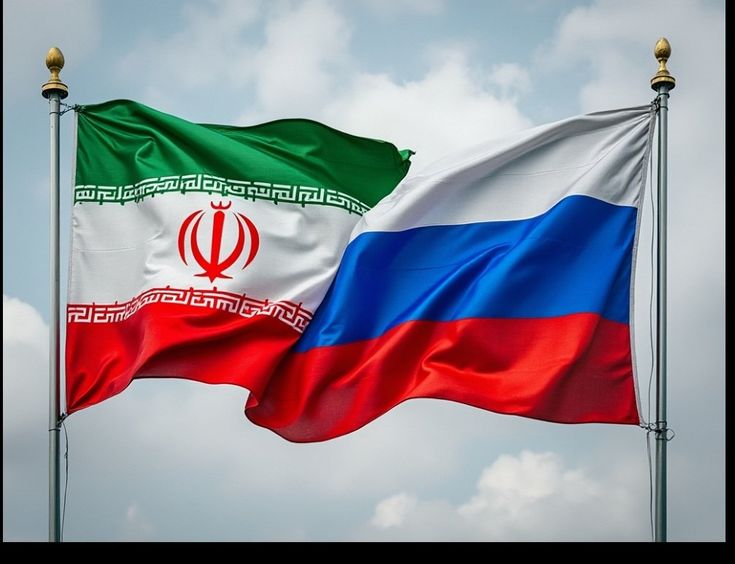
Russia’s Rhetoric vs. Reality
Russia’s support for Iran has been primarily rhetorical. Despite their deepening defense cooperation, Moscow’s backing has not translated into a full military commitment. This is especially evident when we examine Russia’s actions during the June 2025 Israeli and U.S. attacks on Iran. While Iran sought tangible help from Moscow, Russia provided limited support, focusing mainly on humanitarian aid and rhetoric aimed at de-escalating the conflict. Moscow offered to collaborate with Iran on improving air defense systems but encountered little interest in this proposal.
Russia’s stance reflects its long-term interests in the region, prioritizing stability over unequivocal support for Iran. Moscow is committed to balancing its relationship with Iran while also maintaining positive ties with other key players, including Arab nations and regional powers.
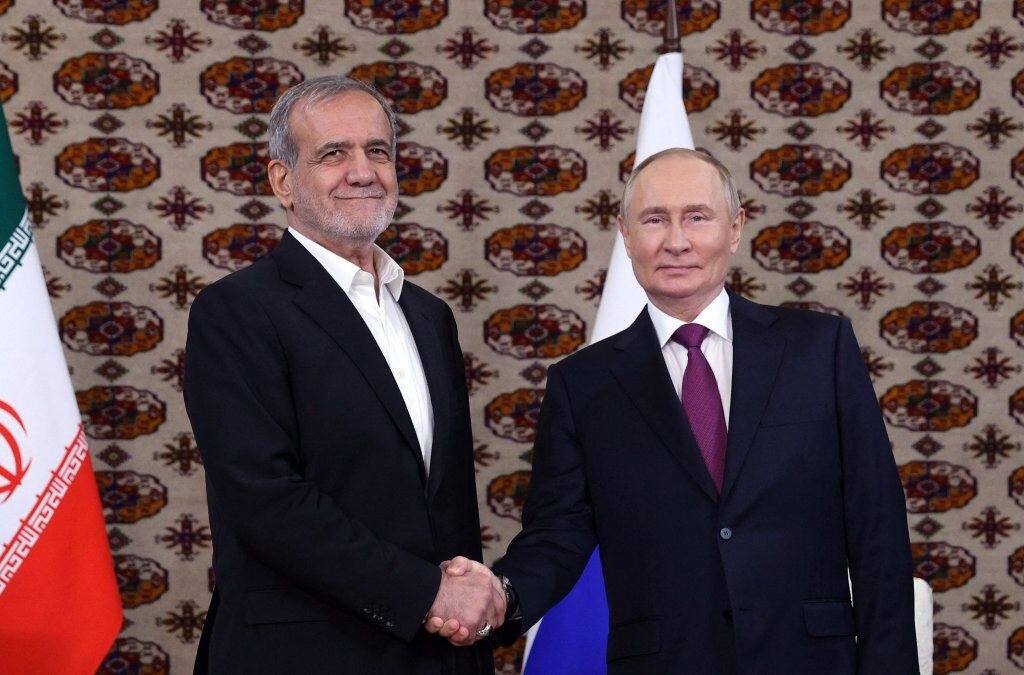
A Complex Partnership
Russia and Iran’s defense cooperation has flourished since Russia’s invasion of Ukraine. Iran has supplied Russia with unmanned aerial systems (UASs), artillery shells, and ballistic missiles. In return, Russia has supported Iran’s military capabilities with advanced equipment like Yak-130 pilot training aircraft and Mi-28 attack helicopters. Despite this growing defense collaboration, a 2025 strategic partnership agreement between the two countries made it clear that Russia is not obligated to come to Iran’s defense in the event of an attack.
This partnership, while beneficial to both parties, has clear limitations. Moscow is wary of overcommitting to Iran’s defense needs, particularly when it might undermine Russia’s broader geopolitical interests in the Middle East.
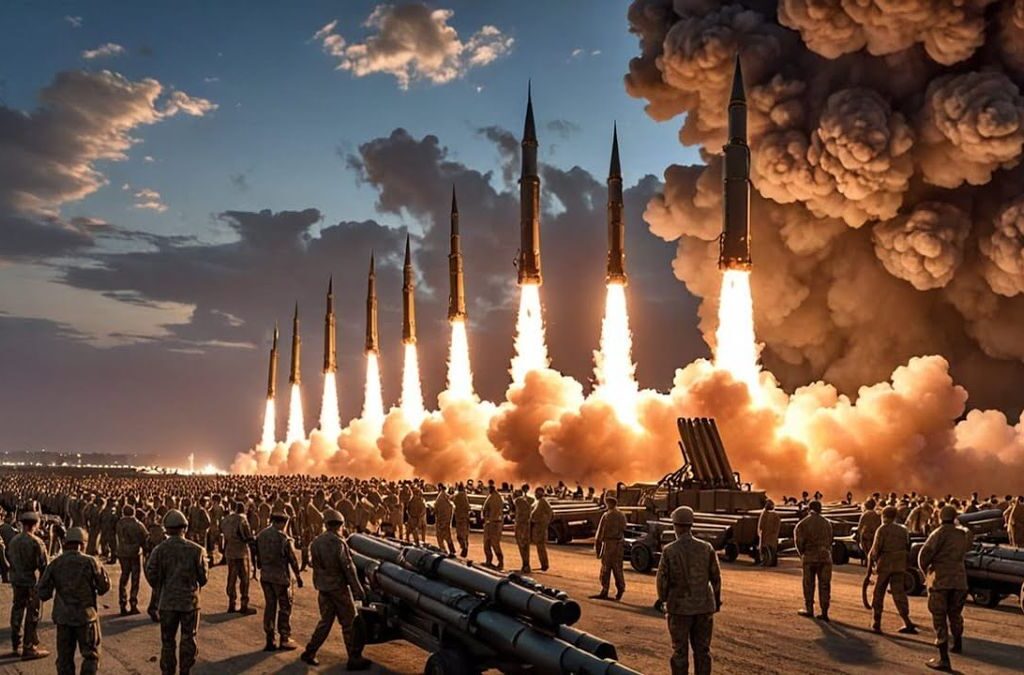
Regional Stability Over Ideological Alliance
Russia’s rhetoric throughout the Israel-Iran conflict emphasizes the importance of regional stability. Moscow consistently called for an immediate cessation of hostilities, advocating for a return to diplomatic negotiations. This rhetoric aligns with Russia’s longstanding goal of positioning itself as a key player in Middle Eastern affairs, particularly in balancing relations with both Iran and the Gulf states.
Furthermore, Russia’s efforts to discredit U.S. policies and assert itself as a global power are central to its messaging. Moscow has used the Israel-Iran conflict as an opportunity to challenge U.S. narratives on aggression and international law, claiming that the U.S. actions were unjustified and hypocritical.
The Limits of Military Support
Despite some provocative statements from high-ranking Russian officials, including Dmitri Medvedev’s comments about potentially providing nuclear weapons to Iran, Russia remains cautious. Medvedev’s remarks, though alarming, are unlikely to signal a change in Russia’s official policy. Moscow has consistently opposed Iran’s pursuit of nuclear weapons, viewing it as a destabilizing factor in the region.
Russia’s reluctance to fully commit to Iran is driven by several factors, including the ongoing war in Ukraine, which has strained Russia’s military resources. Additionally, Russia seeks to avoid provoking a confrontation with the U.S. and its allies, particularly given the West’s reduced support for Ukraine.
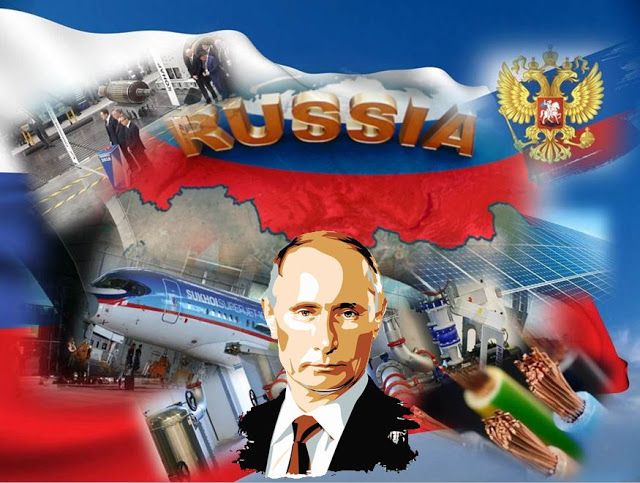
Looking Ahead: Russia’s Strategic Calculations
Russia’s approach to the Iran crisis highlights the limits of its alliance with Tehran. While Russia has provided some support, including defense cooperation and diplomatic backing, Moscow has made it clear that its long-term goals in the Middle East are not fully aligned with Iran’s ambitions. If Russia achieves its objectives in Ukraine, it may become more willing to offer greater military assistance to Iran, but for now, stability in the region and maintaining a broad array of alliances take precedence.
The United States should closely monitor the evolving Russia-Iran relationship, as any cracks in this partnership could benefit Washington and its allies. A shift in Tehran’s support for Moscow’s war in Ukraine, or the potential for renewed nuclear negotiations, could create opportunities for diplomacy.
Author Profile

- Li Li, associate professor and master’s supervisor at Southwest University. B.A. in English for Education from Southwest Normal University, M.A. in English Translation and Interpretation from China Foreign Affairs University, Ph. D. in Japanese Cultural History from Nankai University (all above are in China). Also has studied at Osaka Sangyo University and Kokugakuin University in Japan and been a Fulbright visiting scholar to Western Kentucky University in US. A multidisciplinary and versatile instructor with a trilingual mastery of Chinese, English and Japanese, known for Combining foreign language teaching with history and humanity cultivation. Academic researches center on Japanese history, international relations and Western culture studies. Work experiences include teaching at Capital Normal University, Chongqing Normal University, and Southwest University. Has published multiple academic papers, translated works, authored or co-edited several textbooks and monographs; provided language services for several high-level and high-profile international events.
Latest entries
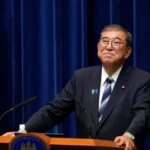 PoliticsSeptember 7, 2025Japan’s Prime Minister Shigeru Ishiba Resigns Amid Election Defeats:What’s Next for Japan?
PoliticsSeptember 7, 2025Japan’s Prime Minister Shigeru Ishiba Resigns Amid Election Defeats:What’s Next for Japan?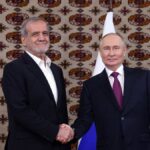 GeopoliticsAugust 22, 2025The Limits of Russia’s Friendship: Moscow’s Calculated Response to the Iran Crisis
GeopoliticsAugust 22, 2025The Limits of Russia’s Friendship: Moscow’s Calculated Response to the Iran Crisis Japanese PoliticsJuly 22, 2025Japan’s Upper House Election: Prolonged Instability and Its Impact on Domestic and Foreign Policy
Japanese PoliticsJuly 22, 2025Japan’s Upper House Election: Prolonged Instability and Its Impact on Domestic and Foreign Policy Middle East AffairsJuly 20, 2025Will Israel Ever Face Consequences for Bombing Its Neighbours?
Middle East AffairsJuly 20, 2025Will Israel Ever Face Consequences for Bombing Its Neighbours?

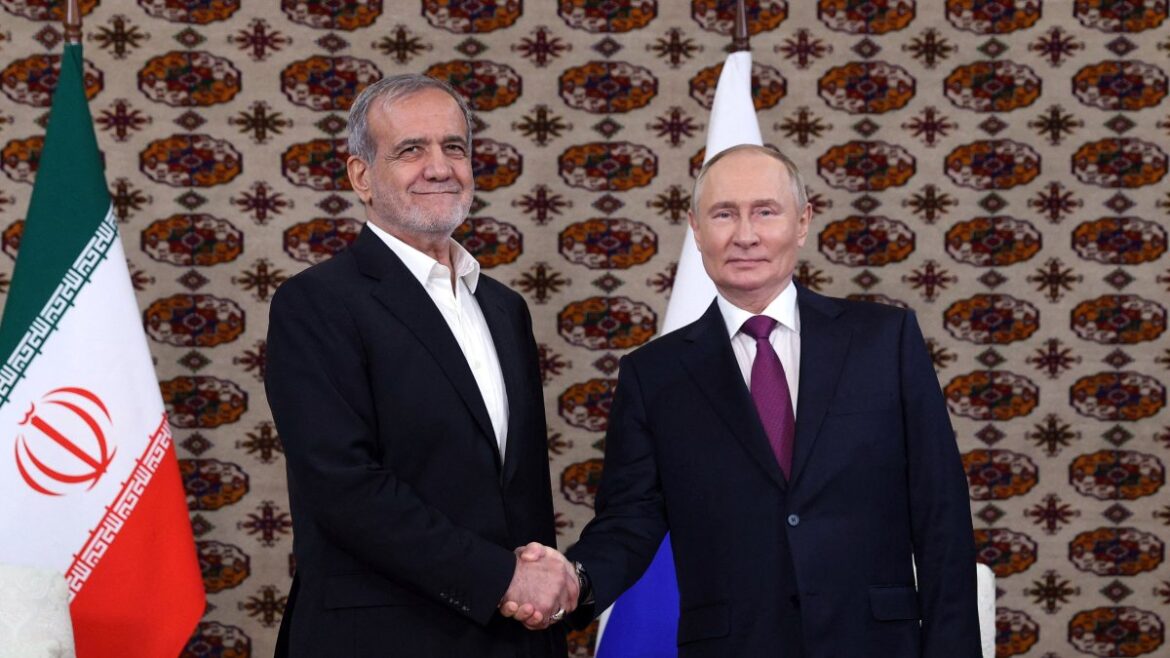

15 comments
Your blog is a constant source of inspiration for me. Your passion for your subject matter is palpable, and it’s clear that you pour your heart and soul into every post. Keep up the incredible work!
Russia’s approach to Iran seems more about maintaining a strategic balance rather than offering genuine support. It’s interesting how Moscow avoids direct military involvement while still benefiting from defense cooperation. The limited assistance during the 2025 attacks highlights Russia’s cautious stance, prioritizing its own interests over Iran’s immediate needs. The proposal to enhance Iran’s air defense systems feels like a half-hearted gesture, especially since Tehran didn’t seem too enthusiastic about it. Russia’s rhetoric about regional stability sounds noble, but it’s hard to ignore the underlying self-serving motives. Do you think Russia’s balancing act between Iran and the Gulf states will ultimately weaken its influence in the region? Also, Medvedev’s nuclear threat comments—was that just reckless talk or a calculated move?
We’ve integrated libersave into our regional voucher system. It’s amazing how effortlessly it brings together various providers on a single platform. Whith regards, EURWE
Russia’s approach to Iran seems cautious and calculated, focusing more on rhetoric than direct action. While their defense cooperation has deepened, it’s clear that Moscow avoids full military commitment, as seen during the 2025 attacks. Russia’s emphasis on humanitarian aid and diplomacy suggests a preference for maintaining strategic influence without overreaching. The limited Iranian interest in collaborating on air defense systems also raises questions about the depth of their alliance. Do you think Russia’s reluctance to fully support Iran stems from fear of escalating tensions with the U.S. and Israel? It’s interesting how Moscow uses such conflicts to boost its global standing while avoiding direct involvement. Overall, Russia’s strategy seems more about positioning itself as a mediator rather than a defender. We’ve integrated libersave into our regional voucher system, and it’s impressive how it simplifies aggregating various providers on one platform. Whith regards, RUBLI
It’s interesting to see how Russia’s support for Iran remains largely rhetorical rather than actionable. While defense cooperation between the two has grown significantly, it’s clear Russia prioritizes its own strategic interests over direct military involvement. The limited support during the 2025 attacks on Iran raises questions about the depth of this partnership. Do you think Iran feels let down by Russia’s cautious approach? Moscow’s focus on humanitarian aid and de-escalation seems more about maintaining its image as a mediator than genuine allyship. The strategic partnership agreement makes it clear that Russia won’t risk itself for Iran, which might make one wonder—what does Iran truly gain from this relationship? Overall, it feels like Russia is playing the long game, balancing its Middle Eastern ambitions with global power dynamics. How do you see this evolving in the future?
We’ve integrated libersave into our regional voucher system. It’s fantastic how easily it brings together various providers on one platform. Whith regards, TEKUP
I do not even know how I ended up here, but I thought this post was great. I do not know who you are but certainly you are going to a famous blogger if you are not already 😉 Cheers!
Its like you read my mind! You seem to know a lot about this, like you wrote the book in it or something. I think that you could do with a few pics to drive the message home a bit, but instead of that, this is great blog. A fantastic read. I’ll certainly be back.
I will immediately seize your rss feed as I can not find your email subscription hyperlink or newsletter service. Do you have any? Please permit me recognise so that I may just subscribe. Thanks.
Woh I enjoy your blog posts, saved to bookmarks! .
Thank you for any other wonderful post. The place else may just anybody get that kind of information in such an ideal manner of writing? I have a presentation next week, and I am on the search for such information.
Hello there, I found your web site via Google while looking for a related topic, your site came up, it looks great. I have bookmarked it in my google bookmarks.
It?¦s actually a nice and useful piece of info. I?¦m happy that you simply shared this useful information with us. Please keep us up to date like this. Thank you for sharing.
Super-Duper site! I am loving it!! Will be back later to read some more. I am bookmarking your feeds also
I¦ve learn several just right stuff here. Certainly price bookmarking for revisiting. I wonder how much effort you put to make the sort of magnificent informative website.
Hello, Neat post. There’s a problem together with your site in internet explorer, could test this… IE still is the marketplace chief and a good part of folks will pass over your magnificent writing because of this problem.
Some really nice and useful info on this internet site, as well I conceive the style contains superb features.